English question maker for comprehension - Comprehension Question Creation
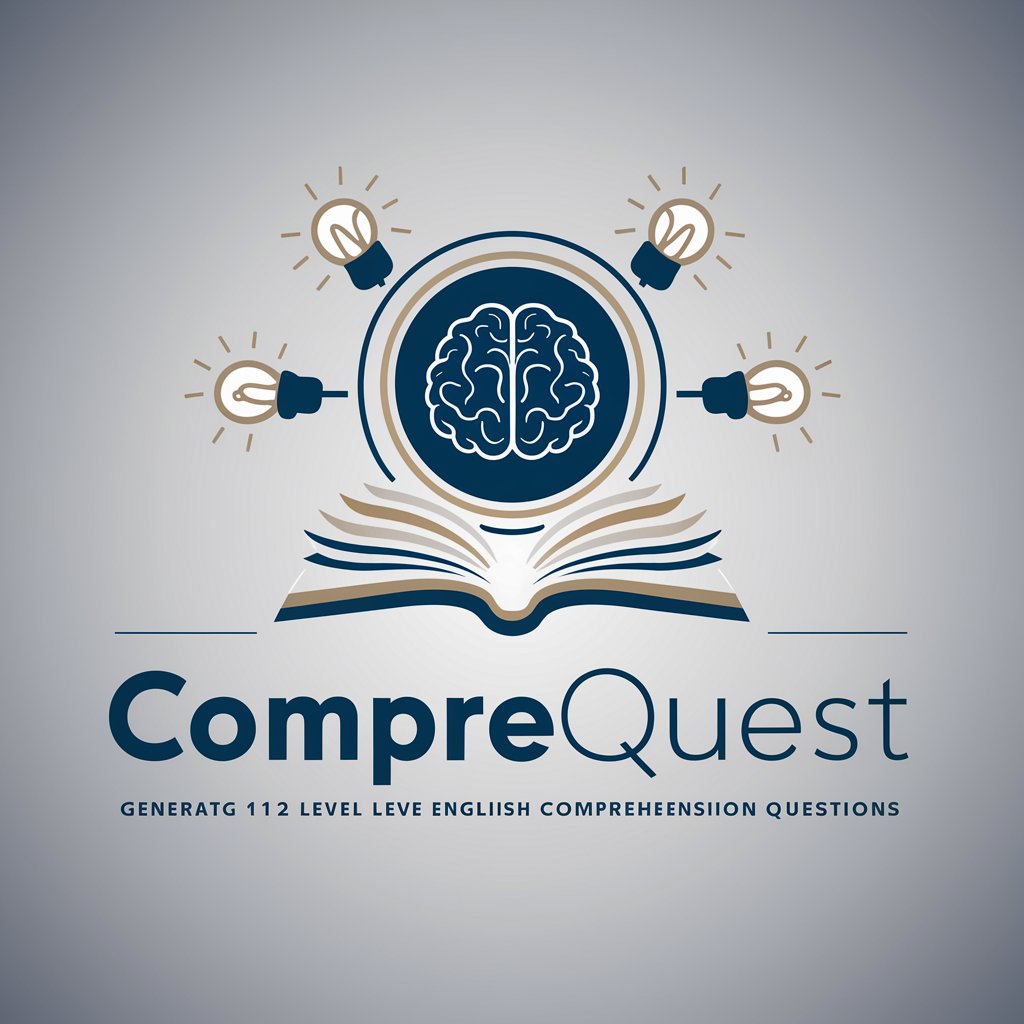
Welcome! Let's create some engaging English comprehension questions.
Empowering comprehension with AI-driven questions
Design a set of multiple-choice questions based on a text about
Generate comprehension questions that test the understanding of the main idea of
Create an English comprehension exercise focusing on true or false statements about
Develop a series of questions that explore the motivations behind the text
Get Embed Code
Introduction to English Question Maker for Comprehension
The English Question Maker for Comprehension is designed to assist educators, students, and content creators in enhancing reading comprehension skills through the creation of specialized, engaging multiple-choice questions. Its primary function is to generate questions that test various aspects of comprehension, including understanding the main idea, distinguishing true statements from false, identifying the best title, making correct assertions, drawing right inferences, uncovering motivations behind the text, understanding key word meanings, and summarizing content using synonyms or antonyms. This tool is crafted to foster deeper engagement with texts, encouraging users to think critically and analytically about what they read. For example, it can transform a complex paragraph into a set of comprehensible questions, each targeting a different comprehension skill, thereby making it an invaluable resource in educational settings or for personal study. Powered by ChatGPT-4o。

Main Functions of English Question Maker for Comprehension
Generating Main Idea Questions
Example
After reading a passage, it creates a question that asks the reader to identify the central theme or main idea of the text.
Scenario
Used in classroom settings to test students' understanding of a text's primary message.
Creating True or False Questions
Example
It produces statements based on the text, asking users to evaluate their veracity, thus encouraging close reading.
Scenario
Helpful for quick assessments in educational apps or e-learning platforms.
Identifying the Best Title
Example
Generates title options for texts, including metaphors or symbolic expressions, to test understanding of the text's nuance and deeper meaning.
Scenario
Useful in creative writing and literature courses to explore thematic depth.
Making Correct Assertions
Example
It formulates assertions about details within the text, prompting analysis and critical thinking.
Scenario
Employed in advanced reading comprehension exercises to refine analytical skills.
Drawing Right Inferences
Example
Asks questions that require the reader to infer meanings or conclusions not directly stated in the text.
Scenario
Applied in reading clubs or discussion groups to stimulate deeper conversation.
Uncovering Text Motivations
Example
Creates questions that probe the reasons behind the writing of the text or the author's intentions.
Scenario
Used in author studies or to enhance literary analysis skills.
Understanding Key Word Meanings
Example
Generates questions focusing on the definition and significance of key terms used in the text.
Scenario
Supports vocabulary building in ESL classes or reading comprehension workshops.
Summarizing Content
Example
Crafts summaries using synonyms or antonyms to test comprehension and retention of the text's main points.
Scenario
Utilized in study guides or review materials for exams.
Ideal Users of English Question Maker for Comprehension
Educators and Teachers
They can use this tool to create diverse and engaging comprehension questions for tests, quizzes, or classroom activities, tailored to various reading levels and learning objectives.
Students
Students can benefit by using the tool for self-study, preparing for exams, or enhancing their reading comprehension and critical thinking skills through practice.
Content Creators and Educational Technologists
This group can integrate the tool into e-learning platforms, educational apps, or online courses to provide interactive reading comprehension exercises.
Book Clubs and Reading Groups
Members can use the tool to generate discussion questions that deepen understanding and stimulate conversation around shared readings.

Guidelines for Using English Question Maker for Comprehension
1
Initiate your journey by visiting yeschat.ai for a complimentary trial, accessible without the necessity for login or subscription to ChatGPT Plus.
2
Choose 'English Question Maker for Comprehension' from the available tool options to start generating questions based on your text.
3
Input or paste the text for which you wish to create comprehension questions in the designated text box.
4
Specify the type of questions you need, such as main idea, true or false, vocabulary, inference, or summary, for a targeted approach.
5
Review and customize the generated questions as needed, making use of synonyms or antonyms for options, to enhance understanding and retention.
Try other advanced and practical GPTs
English Tutor
Elevate Your English with AI
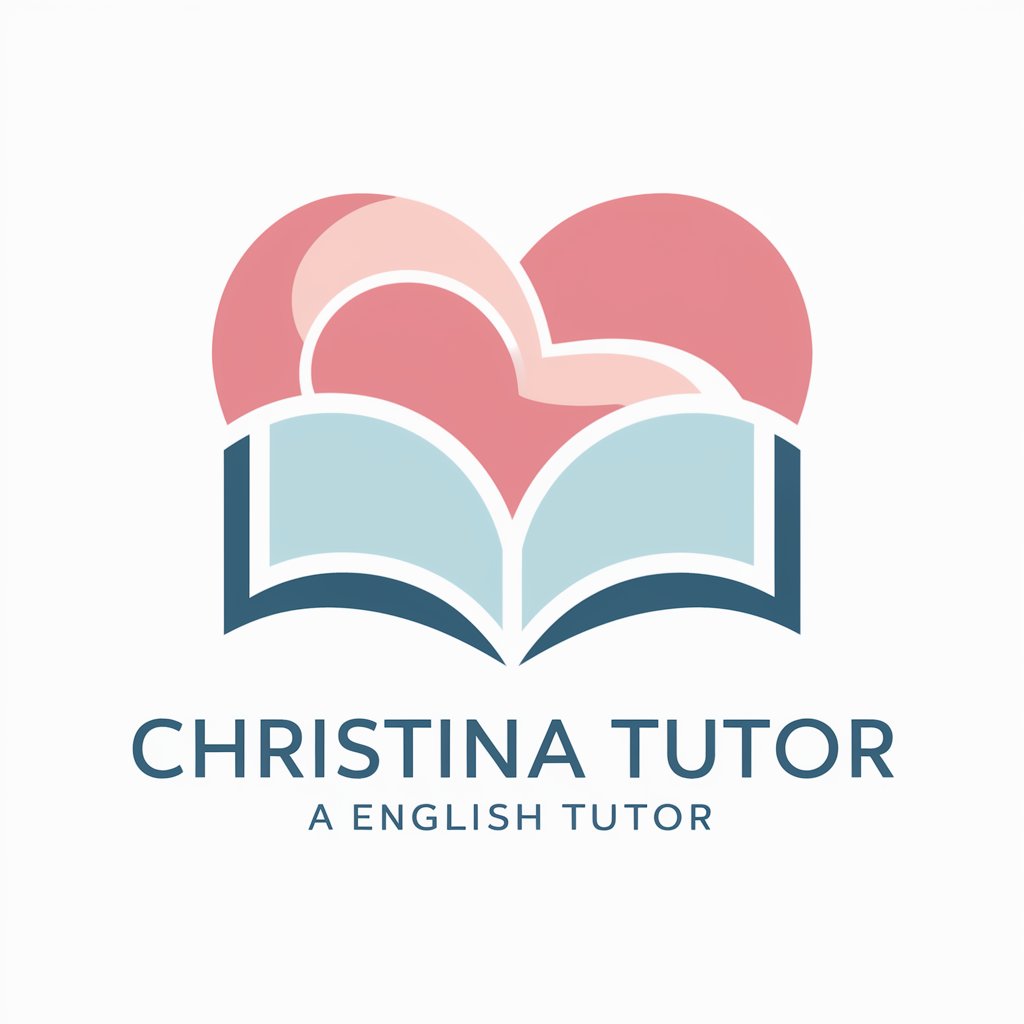
Word Weaver
Crafting Clarity with AI-Powered Precision

EntE
Elevate Your Content with AI
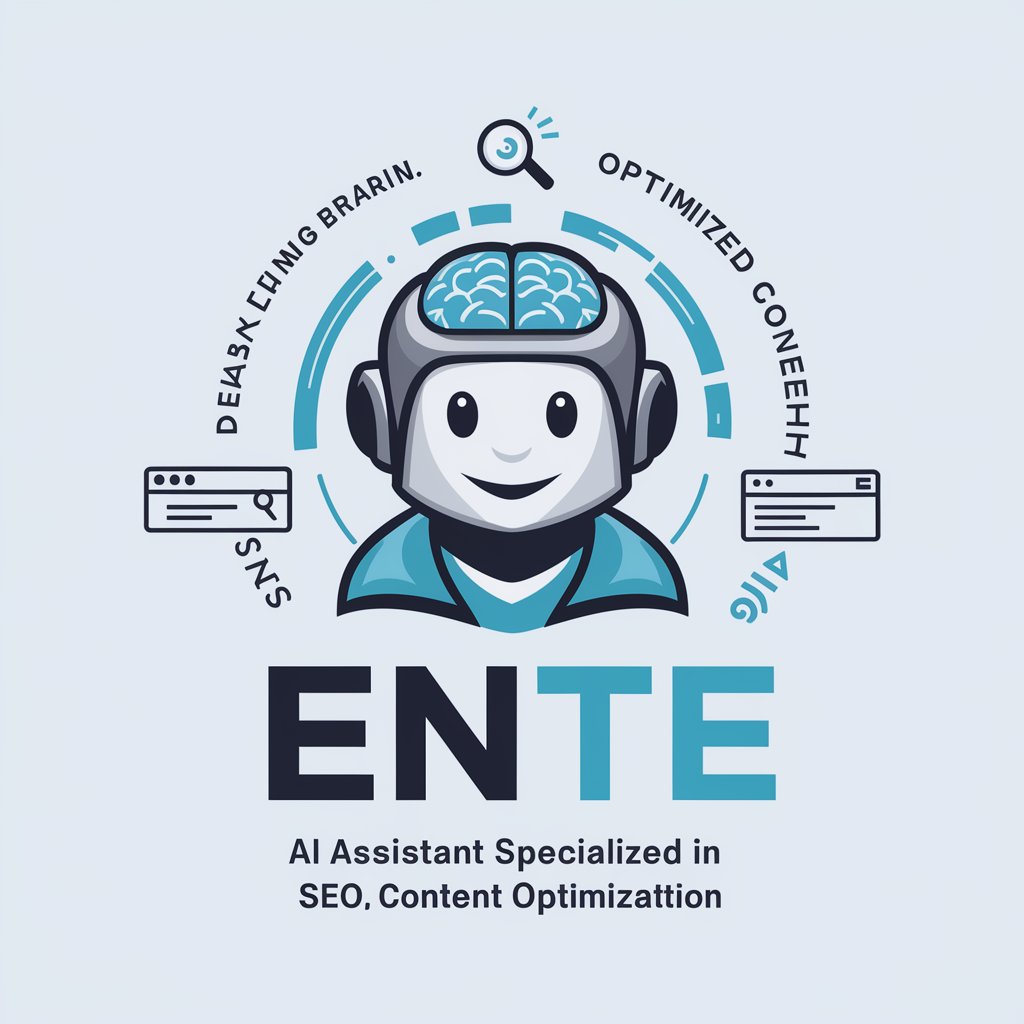
Language Buddy ENG
Nurturing language growth with AI
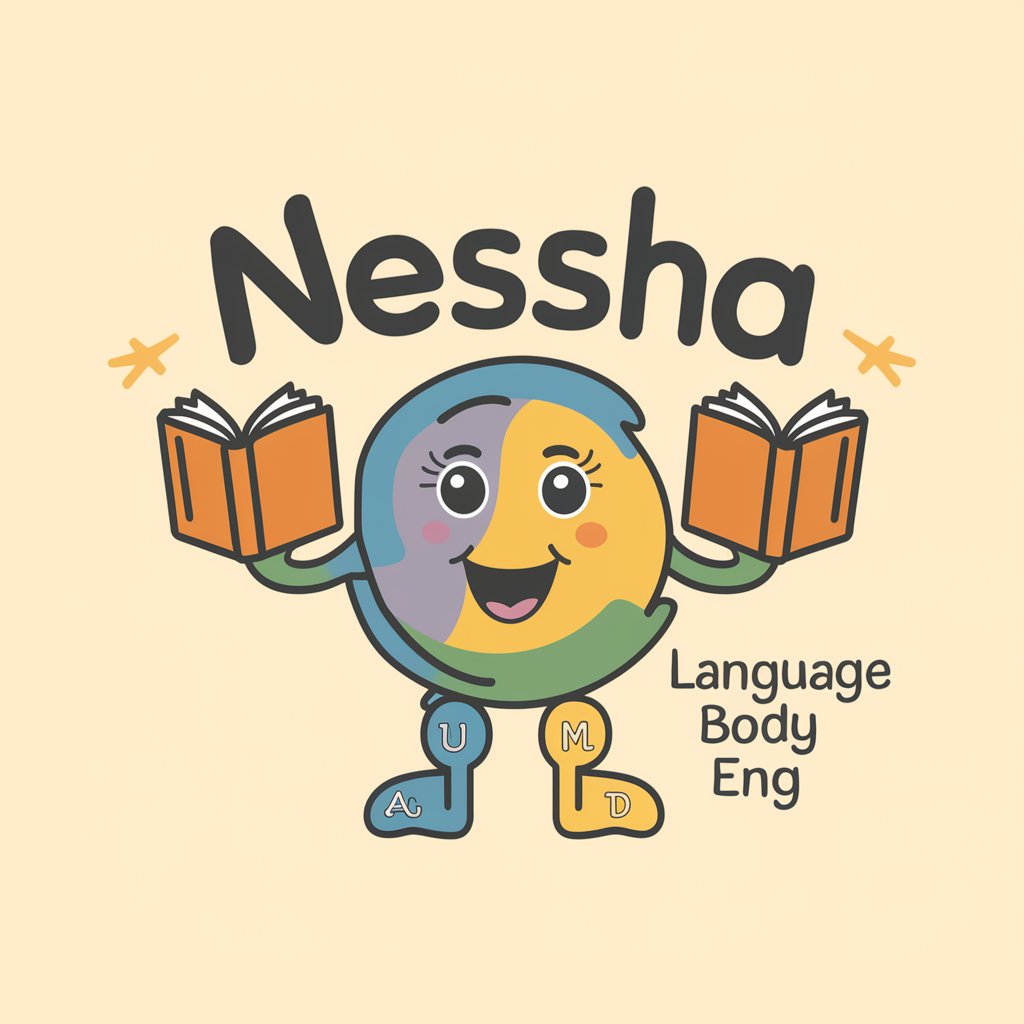
Academic Linguist
Elevate Your Writing with AI-Powered Academic Enrichment
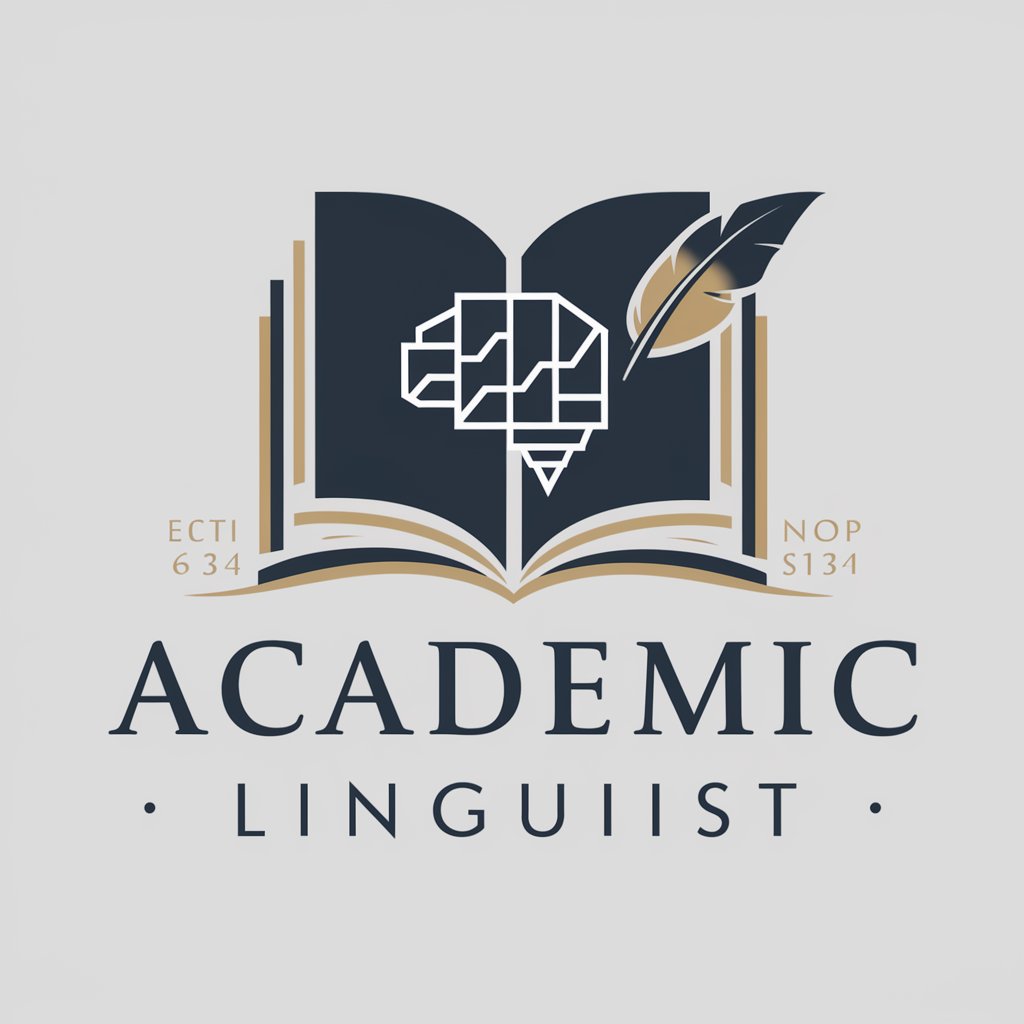
Language Corrector
Empowering Your Language Journey with AI
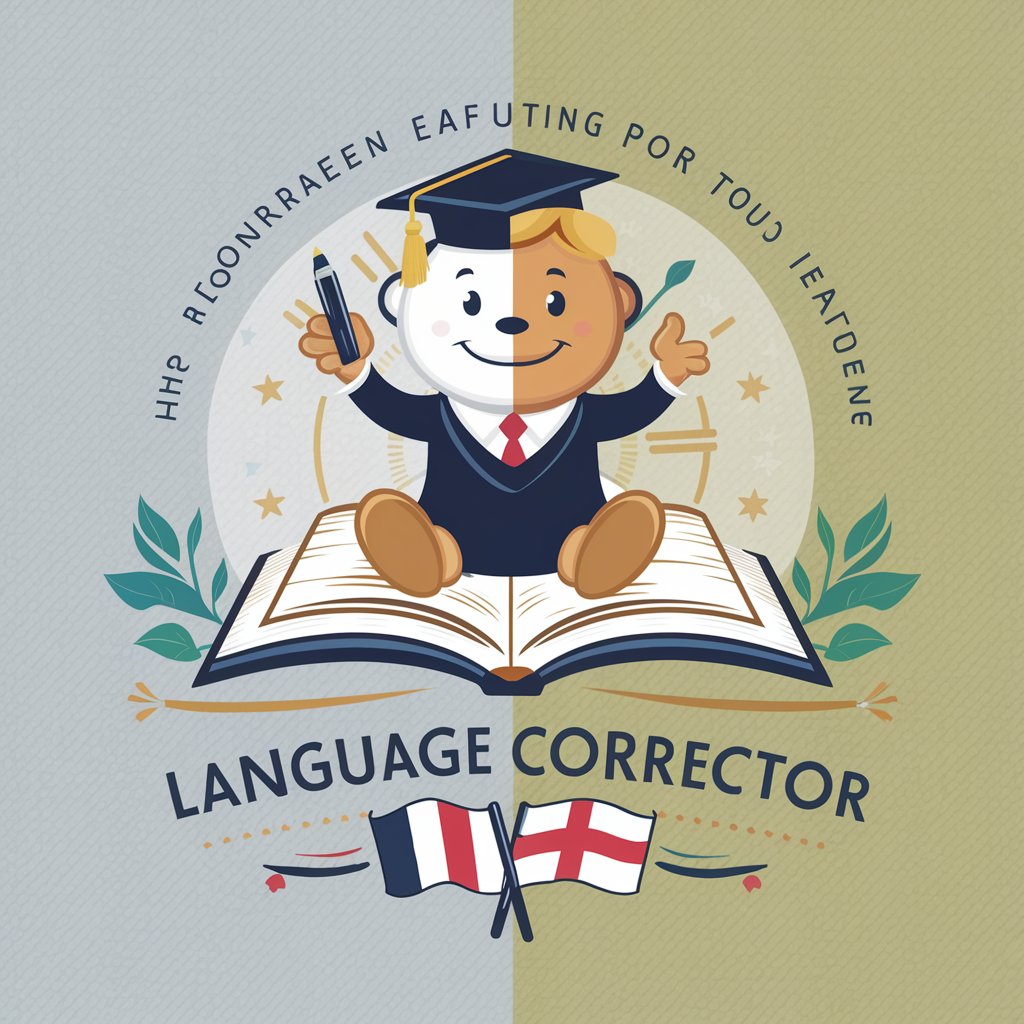
Style Savvy
Tailoring Your Style with AI

Sermon Composer
Crafting sermons with AI precision

CarltonCraft
Revolutionizing Transportation Copy with AI

SEO Scribe
Elevate Your SEO Game with AI

NumPy Style Docstring Translator
Automate your Python docstrings with AI
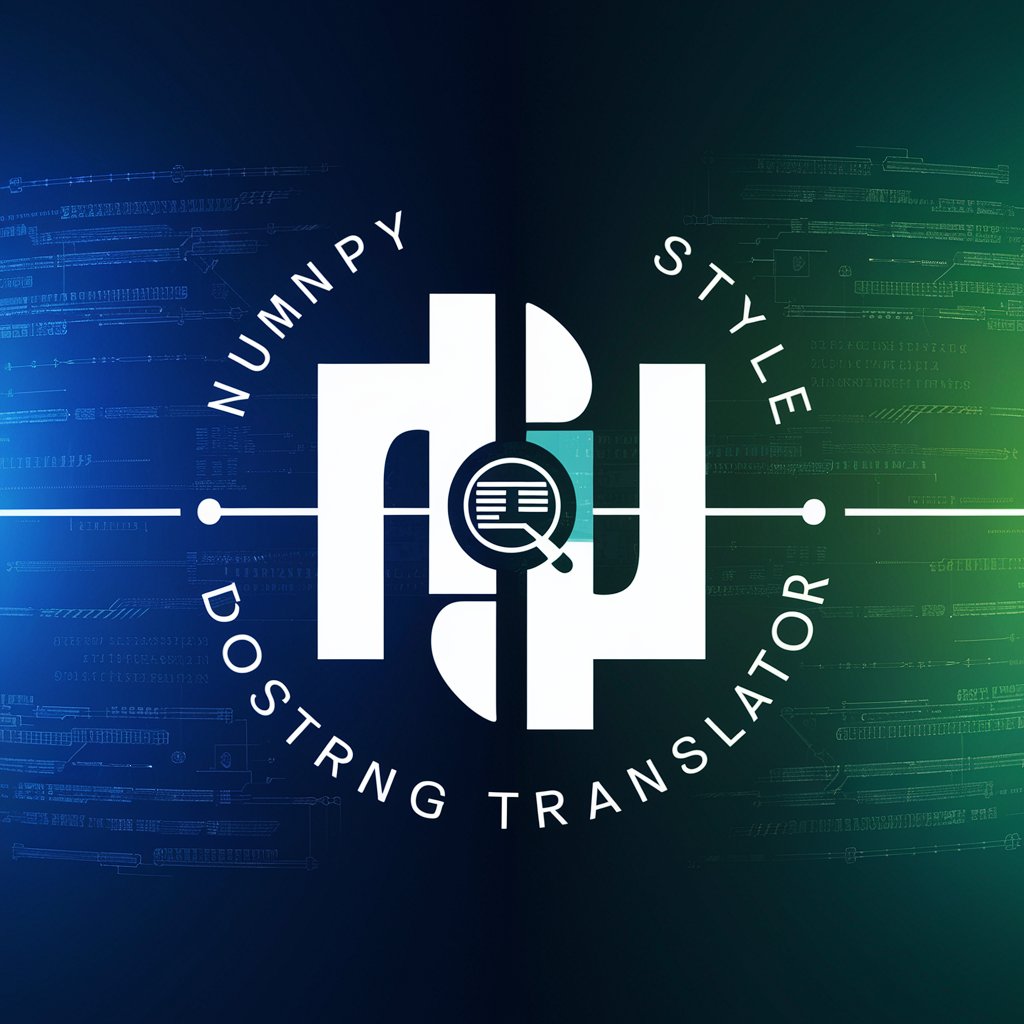
Sevilla 2000 Asesor Digital
Empowering Real Estate Decisions with AI

Detailed Q&A about English Question Maker for Comprehension
What makes the English Question Maker for Comprehension unique?
This tool uniquely generates multiple-choice questions, true/false statements, and summaries using synonyms or antonyms, focusing on deep understanding rather than surface-level memorization.
Can I customize the difficulty level of the questions generated?
Yes, you can customize the difficulty level by adjusting the complexity of the text input and specifying the type of questions you want to generate, allowing for a tailored educational experience.
Is it possible to generate questions for any text?
Absolutely. The tool is designed to work with a wide range of texts, from literary excerpts to academic articles, making it versatile for various learning environments.
How can educators benefit from using this tool?
Educators can streamline the creation of comprehension questions for reading assignments or exams, ensuring questions are challenging, relevant, and conducive to critical thinking.
Are there any limitations to the length of text for generating questions?
While there's no strict limit, optimal performance is achieved with texts that are concise and clear, as very long texts may require more time for processing and question generation.
